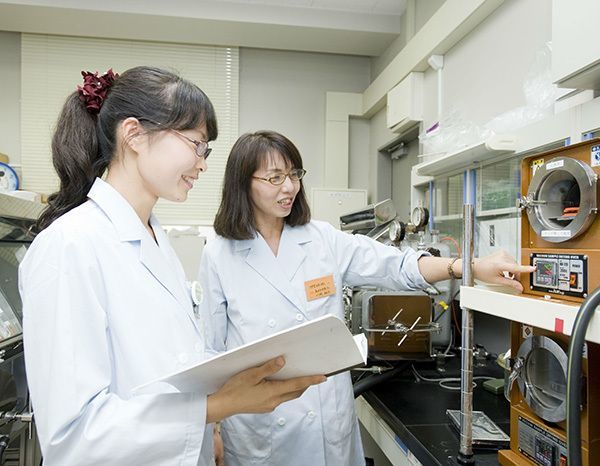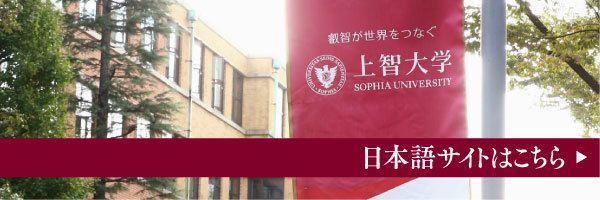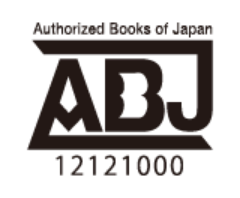Sophia Going Global Gains at Domestic and International Conferences and Leading Overseas Universities

a first-year student in the Master's Programs in Science and Technology Electrical and Electronics Engineering
Students are demonstrating the English skills they have acquired in a wide variety of settings. Particularly in recent years, the number of students participating in academic conferences in and outside Japan has dramatically increased.
In September 2015, Ryo Ueda, a first-year student in the Master's Program in the Electrical and Electronics Engineering Division of Science and Technology, was chosen as a finalist in the Best Student Paper Award at the IEEE (Institute of Electrical and Electronics Engineers) International Meeting. In October, Yuna Kasai and Takahito Suzuki, both completing their first year of the Master's Program in the Chemistry Division, won the Poster Award at the 2015 annual meeting of the Japan Society of Ion Exchange and the Japan Association of Solvent Extraction.
“Most graduate students at my laboratory have participated in international academic conferences,” says Dean Tsukiji. “Our university has already put in place a scholarship program to support students and will increase the amount of funding for the program from the coming academic year.”
Small University Leading Japan in Internationalism and Diversity
Another strength of Sophia University is the potential for students to interact with students and faculty members from diverse backgrounds to help them better understand different cultures and experience the diversity of the global community.
The best example of this is the English programs. These programs, in which lectures, experiments and research guidance are all provided in English, attract students from all over the world. In the autumn 2012 semester, the English-language Green Science Program and Green Engineering Program were established at the Department of Materials and Life Sciences and the Department of Engineering and Applied Sciences, respectively. Then, in the autumn 2013 semester, the Green Science and Engineering Division was established at the Graduate School of Science and Technology, with the first master's degree granted in September 2015.
“We have students from countries all over the world, such as Indonesia, Turkey and Ethiopia, not to mention the United States and China,” says Dean Tsukiji. “At seminars, we hear a mix of Japanese and English, to the point where the Japanese students have the opportunity to speak English on an almost daily basis.”
In terms of diversity management, Sophia's support for female researchers is also worth noting. The Project to Support Women Researchers in a Global Society, which received the highest evaluation under the MEXT program to support female researchers, aims to develop researchers with global competencies. To support female students in their career development, meanwhile, Sophia University invites female researchers from Japan and abroad to give lectures and also holds events where students can meet with female engineers employed at global companies.

With a focus on future generations, Sophia also holds science experiment classes for high school students. Furthermore, by putting in place systems that make it easier for researchers to focus on their work, including establishing an on-campus childcare center and allowing female researchers expecting or raising a child to hire research assistants, the university is proactive in its employment and retention of female faculty. The research assistant system has also been used by male faculty members. In the 2014 academic year, utilization of the system by male faculty was higher than that by their female counterparts.
“Women comprise about half of the first- and second-year student body at the Department of Materials and Life Sciences,” says Dean Tsukiji. “Our goal is to increase the number of female researchers to 20% of the entire Faculty of Science and Technology by 2019, and we have already achieved 12% as of the previous academic year.”





